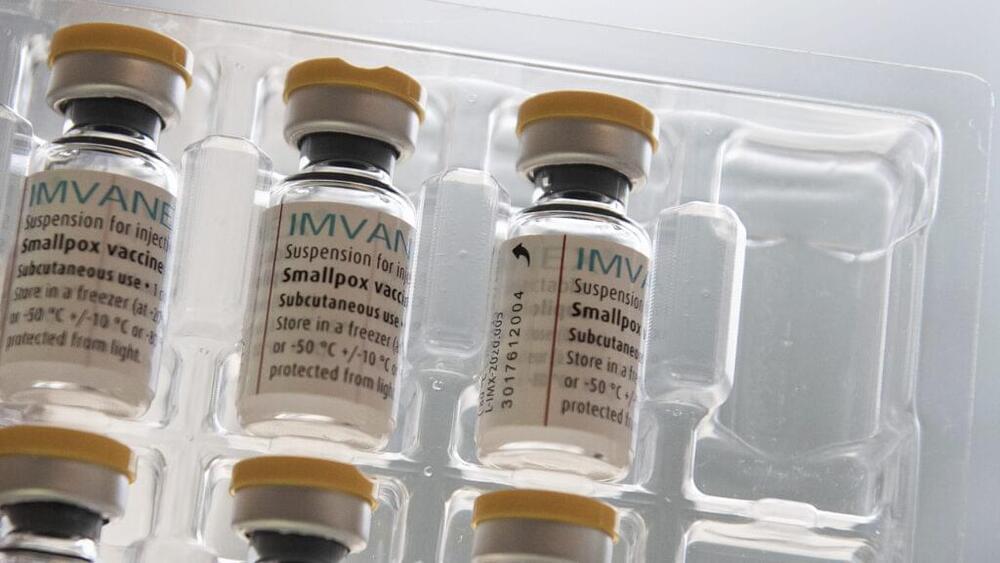Real-world data (and real-world evidence) can also play roles outside of public health emergencies like Covid and monkeypox. They can help determine the long-term effectiveness of many treatments, especially those subject to the expedited approval process, such as those used for rare diseases, and can help determine the value of drugs in general. In many cases, clinical trials are not enough to understand how well drugs really work. Janet Woodcock, the director of the FDA’s Center for Drug Evaluation and Research, has said that the clinical trial system is “broken” and that more use of real-world evidence could be an effective addition to the approval process.
The FDA has been taking steps toward using more real-world data outside of public health emergencies like Covid and monkeypox. In 2018, the agency issued guidance for use of such evidence in approving drugs. By 2021, when the FDA issued enhanced guidance on the topic, real-world evidence had been used in approving 90 medical devices and the new use of a drug, Prograf. But this is not happening enough in practice.
Failing to use real-world data means missing out not just on better understanding of the effectiveness of individual drugs but also on a chance to improve the entire pharmaceutical sector, including addressing issues like rising costs. The availability of more data on real-world outcomes from using drugs, especially gene therapies and other innovative and often very expensive treatments, would pave the way for pricing to take patient outcomes into account through approaches like value-based contracting, when health insurers base drug prices on how well drugs work in the people who take them, rather than just in premarket clinical trials.
